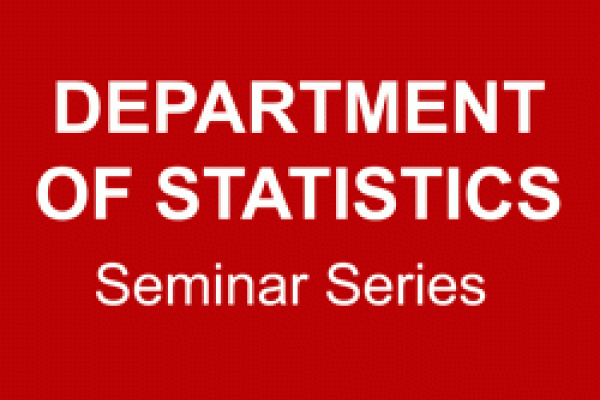
Title
Exploring Latent Structure in Spatial Temporal Processes Using Process Convolutions
Speaker
Kate Calder, Duke University
Abstract
Bayesian process convolution models provide an appealing approach for modeling spatial temporal data. Their structure can be exploited to significantly reduce the dimensionality of a complex spatial temporal process. In addition, process convolution models can provide insight into the space-time dependence structure of the process. We illustrate these dynamic process convolution models using daily ozone concentration readings from 512 weather stations in the Eastern United States. Our hope is to better understand the space-time dependence in ozone concentrations over this region. This information can be used to assess the effectiveness of new monitoring network configurations.
Dynamic process convolution models can easily be extended to model multivariate spatial time-series. Instead of specifying the cross-covariance structure directly, we construct an underlying dynamic factor model that provides insight into the covariance structure. By constructing a factor model, we further reduce the model's dimension temporally. Each of the factors evolves over time, and the data are modeled as a smoothed weighted average of these underlying factor processes. Inference procedures remain computationally tractable due to the additional reduction in the dimensionality of the model. We illustrate this model using multivariate pollutant data from the EPA's Clean Air Status and Trends Network (CASTNET).
Meet the speaker in Room 212 Cockins Hall at 4:30 p.m. Refreshments will be served.
